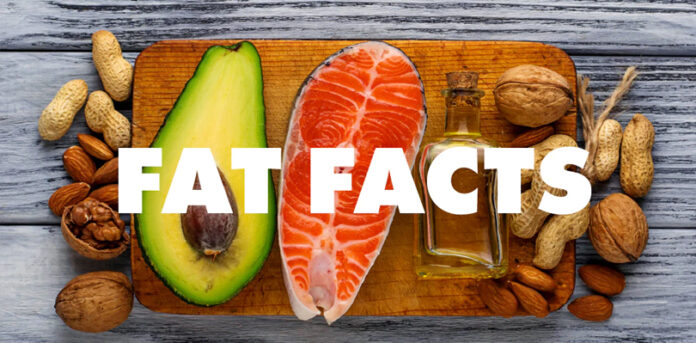Welcome to a fascinating exploration into the world of fat! Often misunderstood and unfairly villainized, fat plays a crucial role in our bodies that goes beyond its reputation. In this illuminating blog post, we’re uncovering these incredible facts about fat that will reshape your perspective.
From its diverse types and functions to its impact on overall health, you’re about to embark on a journey of discovery that will not only enlighten you but also empower you to make informed choices. Get ready to unravel the mysteries of fat and embrace a newfound understanding of this essential component of human physiology.
Incredible Facts About Fat
Let’s delve into these incredible facts about fat:
Fat Comes In Different Types
Contrary to common belief, not all fat is created equal. There are two primary types of fats in our bodies: white fats and brown fats. White fat stores energy, while brown fat burns calories to generate heat. Understanding these distinctions can impact strategies for weight management and overall health.
Essential For Survival
Fat is not just a reserve for excess energy; it’s crucial for our survival. It provides insulation, cushions organs, and forms the building blocks for hormones. Moreover, fats are essential for the absorption of fat-soluble vitamins (A, D, E, and K).
Healthy Fats Are Beneficial
Healthy fats, like those found in avocados, nuts, and fatty fish, offer numerous health benefits. They can improve cholesterol levels, reduce inflammation, and support brain health. Including these fats in your diet can be a wise choice for your overall well-being.
Fat Doesn’t Make You Fat
The misconception that eating fats leads to weight gain has been debunked. It’s the excessive consumption of calories, regardless of their source, that contributes to obesity. In fact, healthy fats can promote a feeling of fullness, which can aid in weight management.
Stored Energy
Fat serves as a highly efficient energy storage system. One pound of body fats contains roughly 3,500 calories, making it a potent source of reserve energy. This stored energy can be tapped into during periods of fasting or increased physical activity.
Fat Is A Taste Enhancer
Fat isn’t just a source of calories; it’s also a flavor enhancer. When included in recipes, it can make dishes taste richer and more satisfying. This is why many culinary delights incorporate fats like butter or olive oil to elevate the overall dining experience.
Understanding these extra details about it illuminates its complexity and importance in our lives. It’s not just about shedding pounds; it’s about maintaining a balanced, healthy lifestyle that respects the role it plays in our bodies.
FAQs
How Can I Differentiate Between Good and Bad Fats?
It’s essential to distinguish between healthy and unhealthy fats. Good fats, such as those found in avocados, nuts, and olive oil, offer benefits like improved heart health and reduced inflammation. On the other hand, bad fats, like trans fats found in processed foods, can increase the risk of heart disease. Checking nutrition labels for trans fats and opting for whole, natural sources of fats is a great way to ensure you’re making healthier choices.
Can Consuming Fats Really Help with Weight Loss?
Yes, but it’s important to understand the nuances. Incorporating healthy fats into your diet can actually aid in weight management. They promote satiety, keeping you fuller for longer and reducing the likelihood of overeating. However, it’s crucial to maintain an overall balanced diet and monitor your calorie intake. Remember, while fats are a valuable part of your diet, they still contain calories that need to be considered.
How Does Fat Impact Heart Health?
Fat plays a significant role in heart health. Healthy fats, such as monounsaturated and polyunsaturated fats, can help lower “bad” LDL cholesterol levels, reducing the risk of heart disease. Omega-3 fatty acids, found in fatty fish like salmon, have been linked to improved cardiovascular health. However, excessive consumption of saturated and trans fats can raise cholesterol levels and contribute to heart-related issues. Striking a balance between different types of fats is key to supporting a healthy heart.

